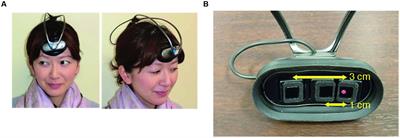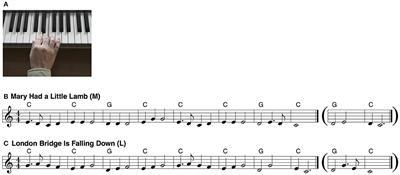MINI REVIEW
Published on 12 Apr 2017
fNIRS Studies on Hemispheric Asymmetry in Atypical Neural Function in Developmental Disorders

doi 10.3389/fnhum.2017.00137
- 4,575 views
- 21 citations
15k
Total downloads
75k
Total views and downloads
Select the journal/section where you want your idea to be submitted:
MINI REVIEW
Published on 12 Apr 2017

ORIGINAL RESEARCH
Published on 27 Mar 2017

ORIGINAL RESEARCH
Published on 10 Jan 2017

ORIGINAL RESEARCH
Published on 27 Dec 2016

ORIGINAL RESEARCH
Published on 01 Nov 2016

MINI REVIEW
Published on 20 Oct 2016

ORIGINAL RESEARCH
Published on 22 Sep 2016

ORIGINAL RESEARCH
Published on 05 Aug 2016

ORIGINAL RESEARCH
Published on 18 May 2016

ORIGINAL RESEARCH
Published on 03 May 2016

ORIGINAL RESEARCH
Published on 08 Mar 2016

